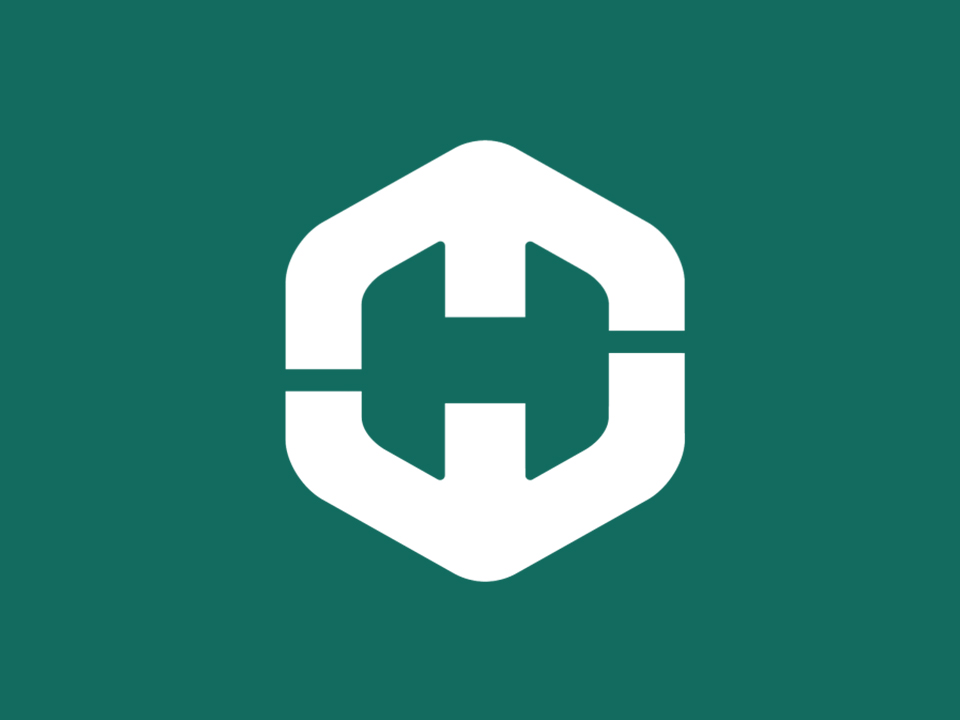Empowering the Clean Industrial Deal: Europe's Commitment to Sustainable Hydrogen Economy
Key Ideas
- The Clean Industrial Deal State Aid Framework (CISAF) aligns with industry demands, supporting the Clean Industrial Deal (CID) and emphasizing renewable energy, including flexibility on low-carbon hydrogen.
- Hydrogen Europe's CEO praises the framework for boosting aid ceilings for hydrogen projects, promoting clean tech investments, and enhancing manufacturing capacity in Europe.
- Key provisions of the CISAF include higher aid ceilings for RFNBO production, accelerated depreciation for hydrogen equipment, and cumulation rules enabling collaboration with other funding instruments.
- Challenges remain in lifting uncertainties around state aid, aligning long-term investment horizons with CISAF's expiration, and streamlining administrative processes to ensure a competitive and sustainable clean-tech industry.
The newly released Clean Industrial Deal State Aid Framework (CISAF) by the European Commission in Brussels on 25 June 2025 is seen as a positive step towards supporting the Clean Industrial Deal (CID) and advancing sustainable energy practices. The framework, designed to enhance coherence and support for the industry, places a notable focus on renewable energy sources, including provisions for low-carbon hydrogen flexibility.
Jorgo Chatzimarkakis, CEO of Hydrogen Europe, praised the CISAF for its commitment to boosting aid ceilings for hydrogen projects, facilitating clean tech investments, and strengthening manufacturing capabilities within Europe. The framework introduces several key measures, such as increased aid ceilings for RFNBO production and industrial hydrogen use, accelerated depreciation for rapid adoption of hydrogen equipment, and cumulation rules allowing collaboration with various funding schemes.
Despite the positive aspects, challenges remain. Uncertainties surrounding permissible state aid need to be addressed to effectively support clean-tech manufacturing and energy-intensive industries. Additionally, long-term alignment of state aid with investment horizons is crucial, considering CISAF's 2030 expiration, potentially hindering the development of hydrogen assets. To further enhance the framework's effectiveness, streamlining administrative processes, particularly for large projects, is essential to avoid unnecessary delays.
Overall, the CISAF is poised to play a pivotal role in driving Europe towards a resilient and competitive hydrogen economy. By addressing existing challenges and enhancing collaboration across sectors, the framework aims to unlock the potential for sustainable growth and innovation in the clean energy industry.
